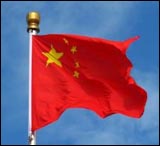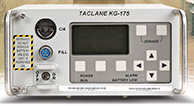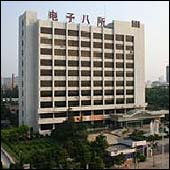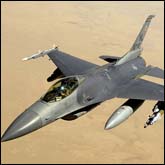
ABOVE: Alexander Fishenko
By now you have no doubt read about the Russian “spy” ring accused of exporting CCL and USML items to Russia without required licenses. Many newspapers, like the particularly clueless folks at The Examiner, can’t resist a good spy headline for an otherwise run-of-the-mill export case. Â Even the reputable folks at Wired have jumped on the “spy” bandwagon. And the reason for this spy mania is that the DOJ, which has never seen a spy headline it can’t resist, gives everyone the opportunity to pitch this as a spy case by including a count for failure to register under the Foreign Agents Registration Act.
As you can see from the criminal indictment, Alexander Fishenko, a naturalized Russian immigrant, and others were charged with procuring various items on the USML and the CCL and exporting them to Russia, allegedly to the Russian government. But the very first count, so even the most slow-witted and slothful reporters can’t possibly miss it, is not for the export violations but for acting as an unregistered foreign agent. The Foreign Agents Registration Act requires that agents of a foreign principal register with the Department of Justice.
That law was passed in 1938 and was directed at the activities of foreign propagandists in the United States. It covers political and lobbying activities in the United States on behalf of foreign persons, foreign companies and foreign governments.  Section 1(c)(1) of the Act, 22 U.S.C. § 611(c)(1), defines the precise activities required to fall under the definition of a foreign agent, including political activities, acting as a publicity agent, or representation of the foreign party before a government agency.
A significant exclusion is set forth in section 3(d) for certain “non-political” activities, including “engaging … in private and nonpolitical activities in furtherance of the bona fide trade or commerce of such foreign principal.” In other words, acting as a commercial agent for foreign governments, foreign companies and foreign individuals by buying stuff for them does not make the person engaged in that activity a foreign agent required to register under the act. (The requirement that the trade be bona fide is to prevent the foreign principal from trying to spread influence in the United States by having its agents buy items that it doesn’t need.) Because the act covers actions on behalf of not just foreign governments but also on behalf of foreign individuals and companies, this is an important exception. Without this exception, millions of people would become foreign agents required to register under the Act.  Frankly, if buying things for a foreign government, company or person makes the buyer a foreign agent, almost every exporter would be a foreign agent required to register under the Act.
Now if you look at the indictment, you will see immediately that all that Fishenko and his co-defendants are accused of doing is buying things for the Russian government. That doesn’t make them “foreign agents,” much less spies. Of course, the prosecutors probably know this, but they also know that the whiff of espionage from the foreign agent charges is catnip that no journalist can resist. And like everyone else, prosecutors like good headlines.

 Posted by
Posted by  Category:
Category: 

 Back in September 2011 this blog
Back in September 2011 this blog  Back in 2009, this blog
Back in 2009, this blog  The Bureau of Industry and Security (“BIS”) recently released
The Bureau of Industry and Security (“BIS”) recently released  Two criminal informations (which you can find
Two criminal informations (which you can find 

